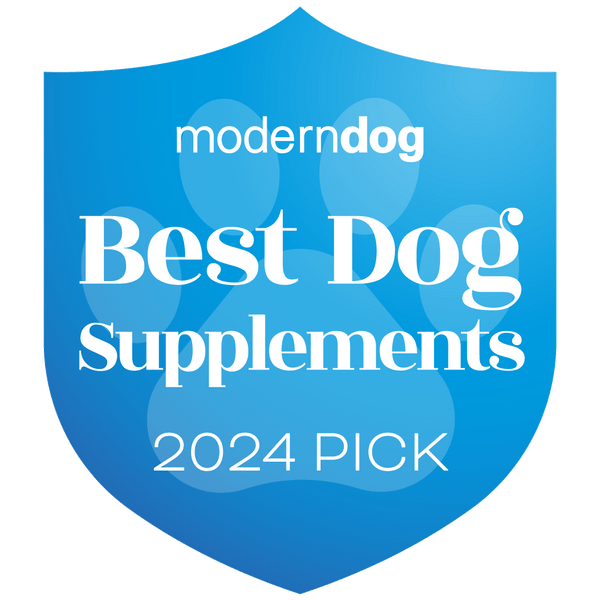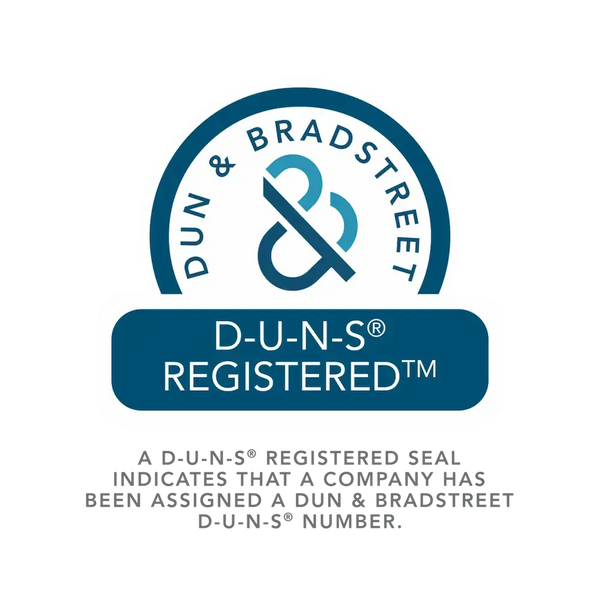As a responsible dog parent, you're likely always on alert for any signs of discomfort or health issues in your fur baby. One such issue that many dogs face is diarrhea, which can be concerning and quite a mess. But did you know that diarrhea in dogs could be linked to allergies? Let's delve into this topic and explore how allergies can cause diarrhea in dogs and what you can do about it.
First, it's important to understand that dogs can develop allergies just like humans. These allergies can be to certain types of food, environmental factors like pollen, or even flea bites. When your dog has an allergic reaction, their immune system goes into overdrive, causing inflammation throughout their body. This inflammation can affect your dog's digestive system, leading to diarrhea.
The primary signs of an allergy
The primary signs of an allergy in dogs are skin problems such as itching, redness, and hives. However, if your dog has a food allergy, one of the primary symptoms can be gastrointestinal upset, including diarrhea. If your dog is experiencing regular bouts of diarrhea and also showing signs of skin discomfort, a food allergy could be the culprit.
It's also worth noting that some dogs can develop allergies to certain types of protein in their diet. For example, beef, chicken, and dairy are common allergens for dogs. If you've recently changed your dog's diet and noticed a correlation with the onset of diarrhea, an allergy to a new food could be the cause.
Another key point is that not all dogs will have an immediate allergic reaction to a food or environmental allergen. Some dogs might experience a delayed reaction, which can make it more difficult to pinpoint the exact cause of the allergy.
Managing allergies to prevent diarrheas
To manage allergies and prevent the resulting diarrhea, consider adding a canine-specific probiotic to your dog's diet. PetCultures offers a probiotic specifically formulated with canine-specific strains to support your dog's digestive health and overall well-being. - (read our Blog: Probiotics for Dogs: How They Help with Diarrhea)
Of course, if you suspect your dog has a food allergy, it's always best to consult with your vet. They can guide you on the best way to identify potential allergens and manage your dog's allergies.
In conclusion, allergies can indeed be a cause of diarrhea in dogs. It's important to monitor your dog for any signs of allergies, such as skin issues or gastrointestinal upset, and consult with your vet if you suspect an allergy. Remember, your dog's health and comfort are paramount, and understanding the link between allergies and diarrhea can help you provide the best care for your furry friend.
Want to support your dog's digestive health and manage allergies? Check out our range of canine-specific probiotics and see the PetCultures difference. Your furry friend will thank you!
Disclaimer: This blog post is meant to provide general advice and is not a substitute for professional veterinary advice. Always consult with your vet for any health concerns related to your pet.











